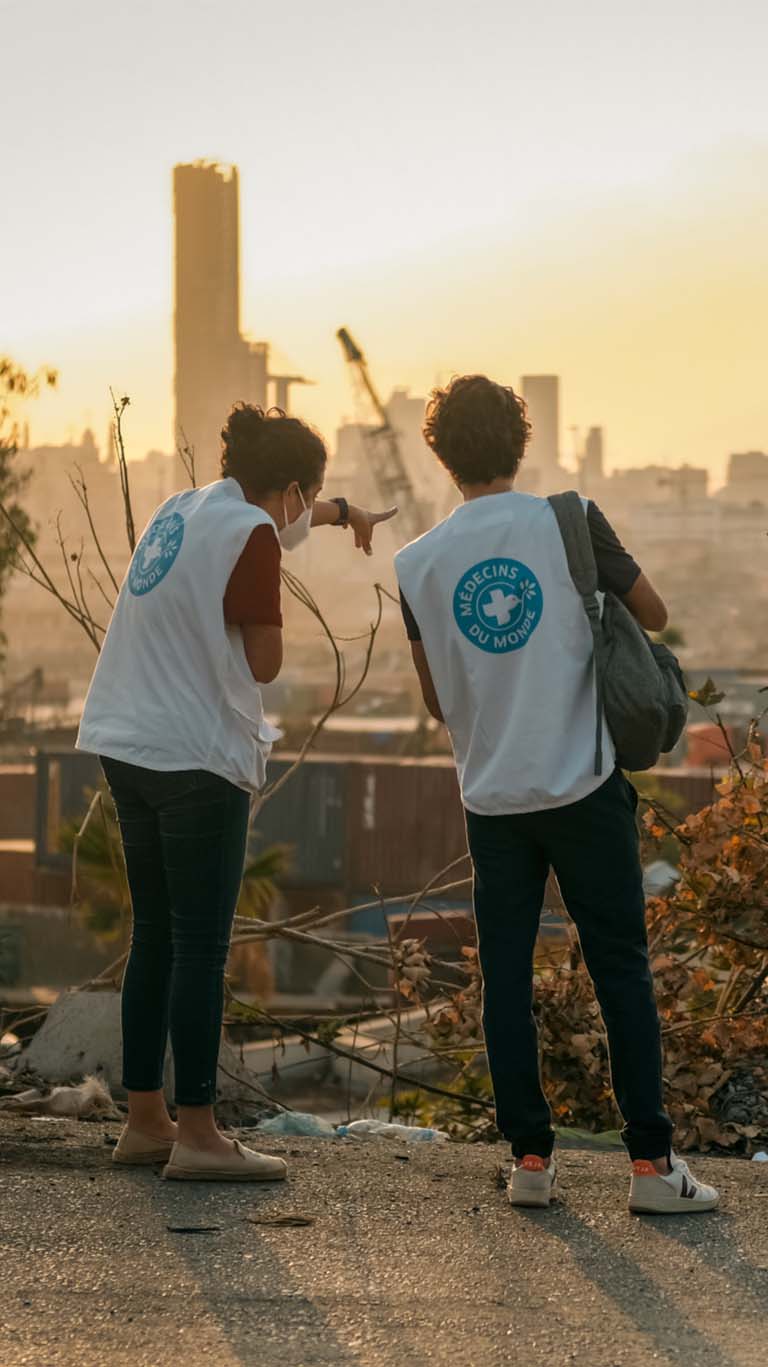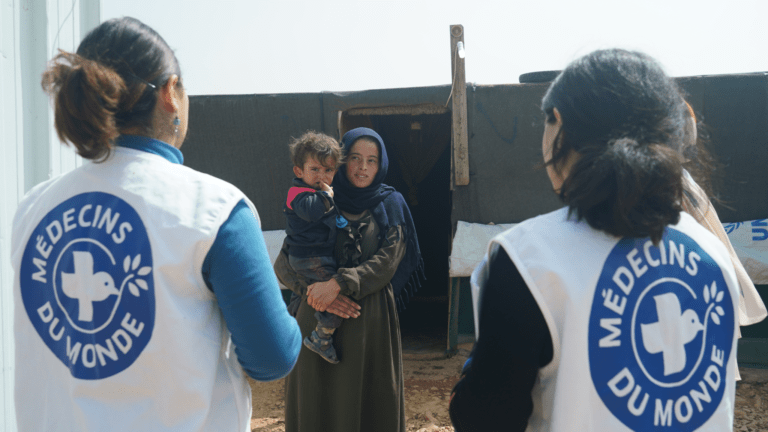In summer 2021 the fuel crisis exacerbated the country’s economic situation, severely affecting electricity supplies. This had grave consequences for the healthcare, sanitation, transport and telecommunications sectors. Although the fuel crisis eased in late 2021, electricity provision by the State remained weak, with an average of less than 5 hours’ supply per day.
As the crisis worsened, the country’s economy slowed further, leaving refugees and host communities in a desperate situation. This was compounded by the unprecedented challenges of the Covid-19 pandemic and the explosion at Beirut’s port in August 2020.
There has also been an impact on the safety of women and children, with acute risks around child protection and gender-based violence. In particular, the number of child marriages and the prevalence of child labour have both increased, as has domestic abuse – verbal, physical and sexual. Access to education was also negatively affected by the pandemic, with schools partially closed during the 2020-2021 academic year to limit the spread of Covid-19.
According to the UN, the rate of multidimensional poverty has almost doubled, soaring from 42% in 2019 to 82% in 2021. By the end of 2021, 60% of the country’s population was living below the poverty line. Extreme multidimensional poverty affects 34% of the population, rising to half in some regions. In these conditions, our team on the ground and local healthcare workers report that vulnerable households are increasingly having to find coping mechanisms to survive from day to day and are delaying accessing healthcare and treatment.














